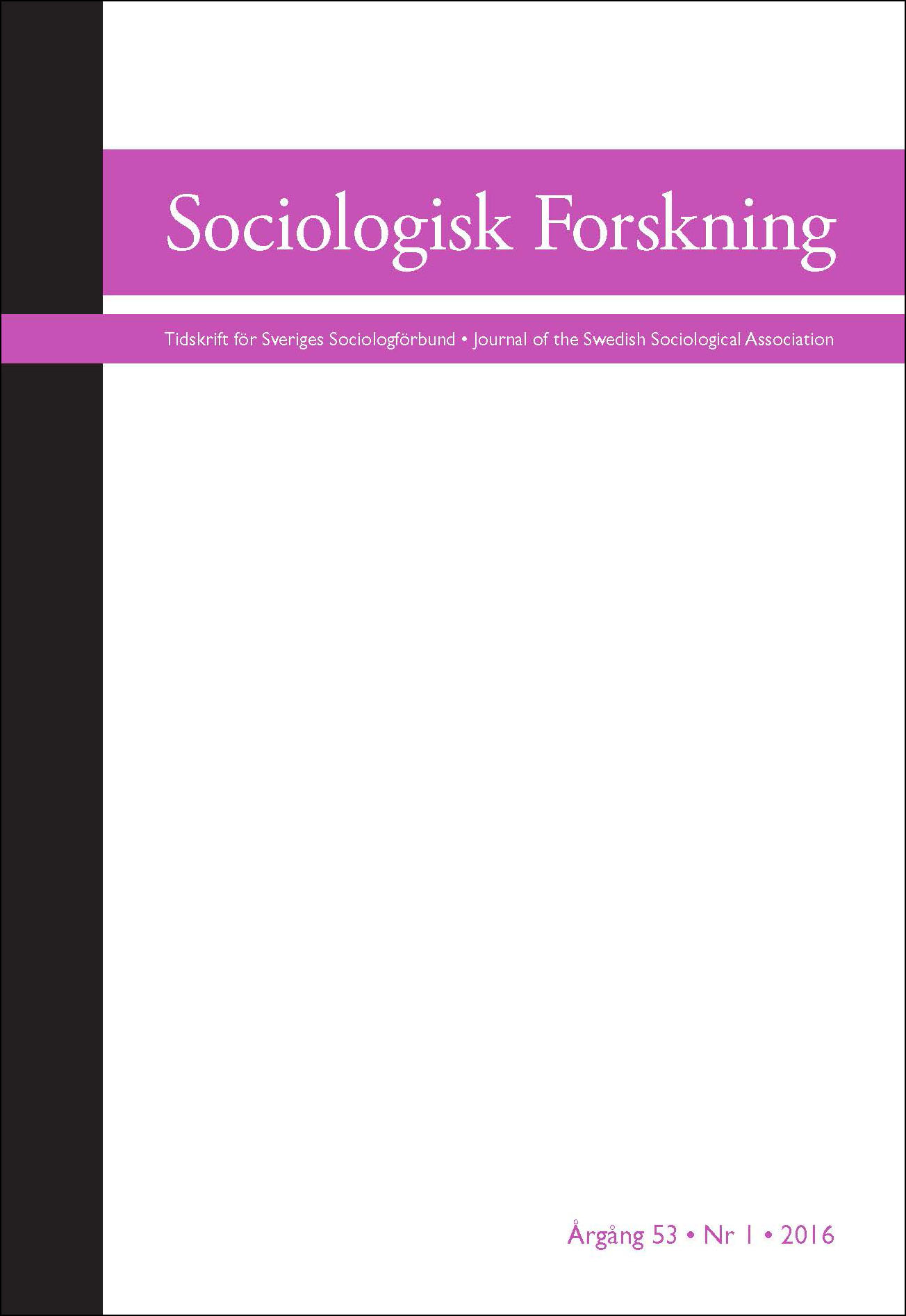Hjælp til selvcensur
DOI:
https://doi.org/10.37062/sf.53.18246Keywords:
Judith Butler, employee silence, foreclosure, implicit censorship, self-helpAbstract
Self-help and self-censorship: A self-help cultural perspective on organizational silence
This paper seeks to explain silence in the workplace through an analytical perspective derived from Judith Butlers work on censorship, and in this way suggest an alternative to explanations in the existing literature on employee silence, which are often tied to the actions and motivations of the individual subject. It is thus argued that self-help books can be seen as indicative of a pervasive culture of self-improvement, which among other things promotes the absence of criticism in the workplace. The empirical point of departure for this argument is the two bestselling self-help books The secret by Rhonda Byrne and The 7 habits of highly effective people by Stephen Covey. Theoretically, the paper applies Butlers notion of ”implicit censorship” where censorship is understood as productive in the sense of being constitutive of language. Hence, in the analysis it is shown how discursive regimes in self-help literature tend to be constructed in such a way, that explicit criticism cannot emerge as a meaningful activity, and is thus implicitly censored.
Downloads
Published
How to Cite
Issue
Section
License
All content in Sociologisk Forskning is published with immediate open access, under the Creative Commons license CC BY-NC-ND 4.0.
All content may be read, downloaded, shared and printed for non-commercial purposes, free and without fees. Contents may not be altered. When content is reused, author, source and a link to the copyright licence must be provided. The author retains copyright to their content. No publication fees are charged.





